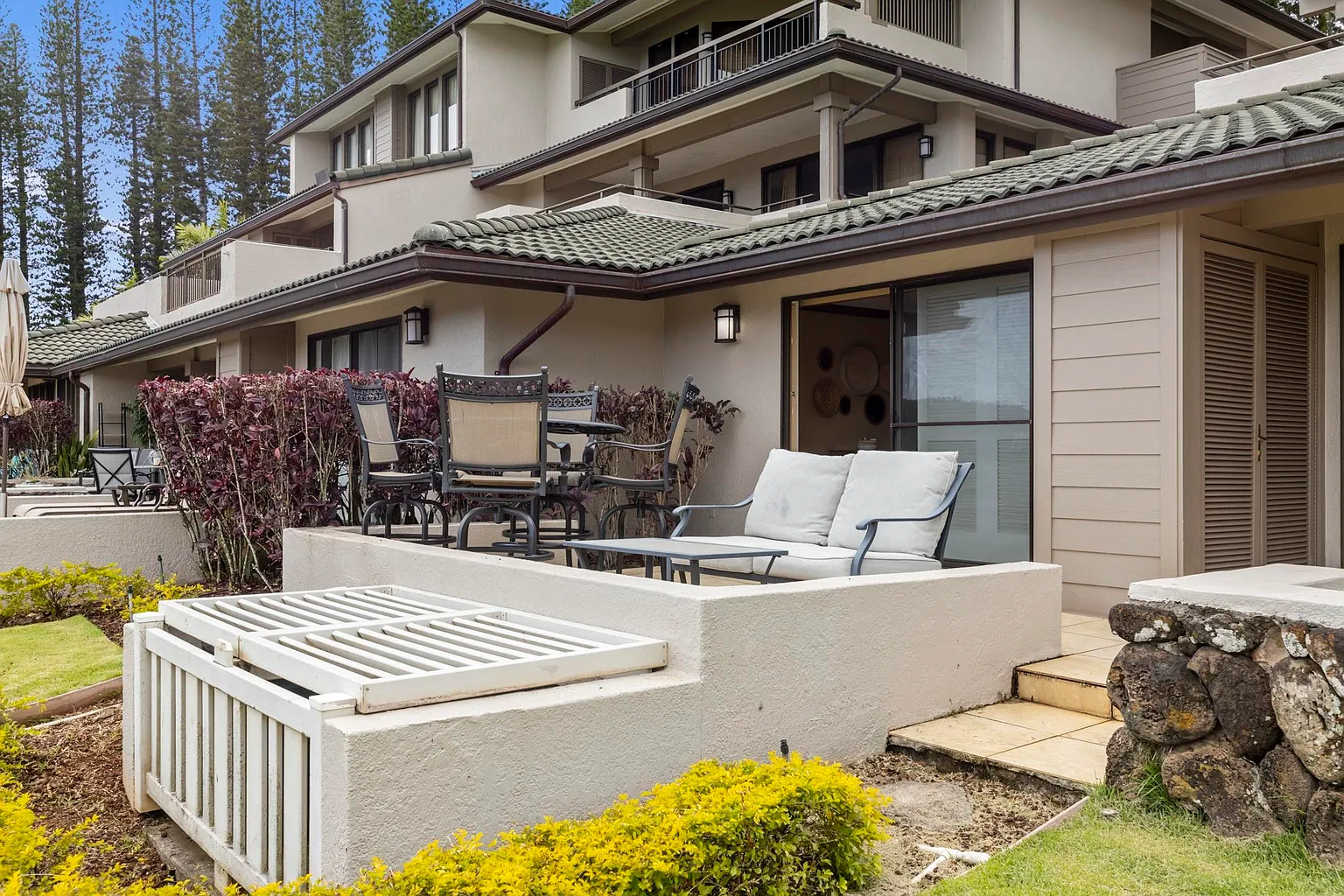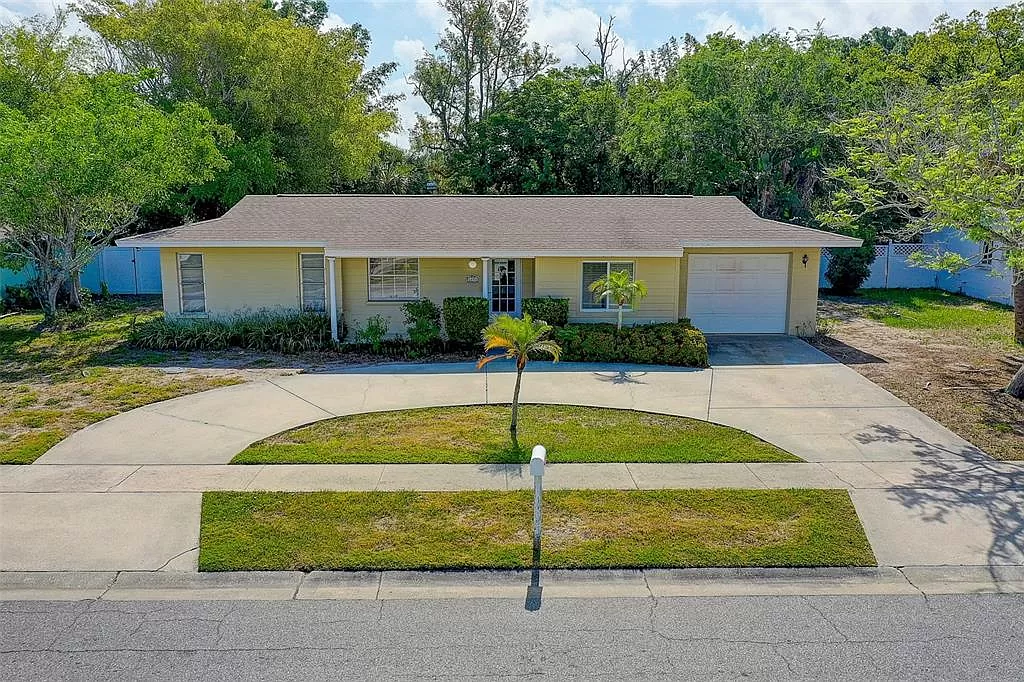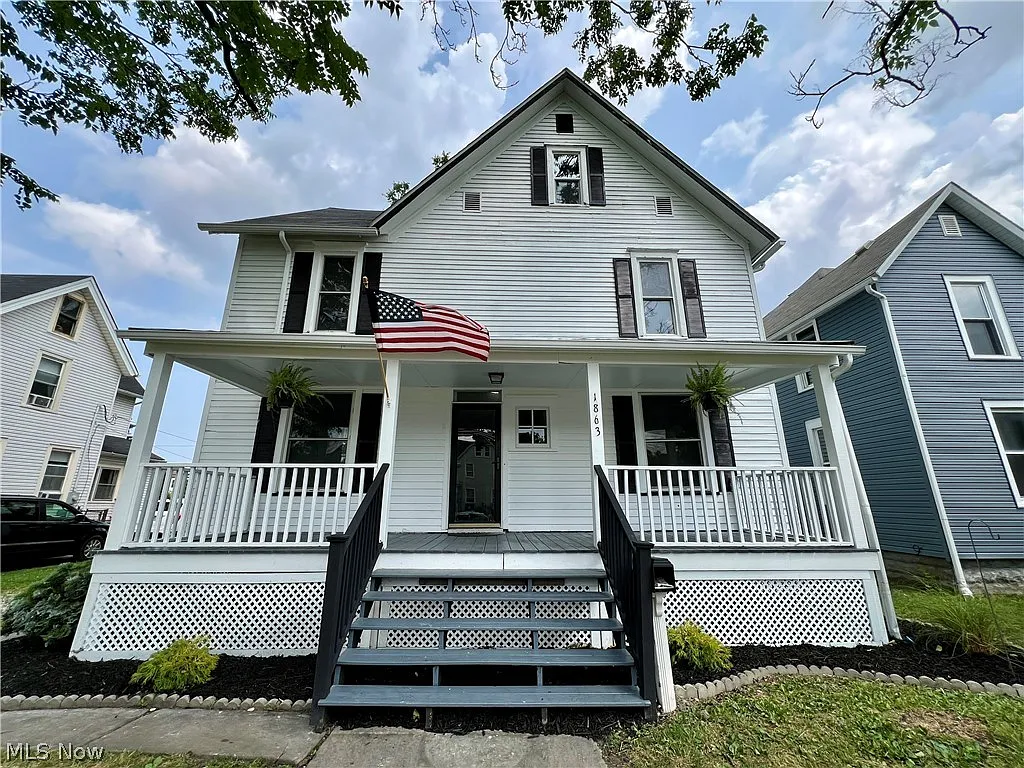Key Takeaways:
➡️ International students on F1 visas can legally buy a house in the US without waiting for a green card.
➡️ F1 visa students can get mortgages in the US, even if they don’t have a US credit history or income. HomeAbroad offers these specialized foreign national mortgages focused on international students.
➡️ Foreign nationals can purchase US real estate regardless of their visa status. This means that even F1 visa students can own property and maintain ownership even if they return to their home country.
When Rahul, an F1 student from India, arrived in California for his Master’s, buying a home seemed out of reach due to the perceived restrictions of his visa. However, rising rental costs led him to explore real estate options.
He discovered that F1 visa holders could buy property and secure mortgages without a US credit history. With a strategic down payment and favorable interest rates, Rahul became a homeowner, using HomeAbroad’s tailored F1 visa mortgage program.
HomeAbroad Loans specializes in helping F1 students like Rahul, offering competitive mortgage solutions tailored for foreign nationals and making homeownership in America accessible.
Table of Contents
Why Should an International Student Buy a House In The USA?
Being a homeowner in the US can offer several advantages for international students. With the help of our client Samantha, let’s explore why you, as an F1 student, might consider this homeownership route.
Samantha, an international student from Canada, came to the USA on an F1 visa to pursue a master’s degree in computer science at a prestigious university in California.
Samantha’s family had previously rented properties for her. Still, with rising rental costs in major cities like New York and California, they considered the long-term financial benefits of investing in real estate in America.
1. Building Equity
Instead of continuing to rent, Samantha and her family decided to explore buying a house in California. They realized that mortgage payments, unlike rent, would contribute to building equity in real estate. This meant that, over time, Samantha would be building ownership in a tangible asset, increasing her net worth.
2. Property Value Appreciation
The family did their research and found that real estate in the USA, particularly in areas like California, has historically appreciated at an average annual rate of 4.8%, according to Case-Shiller.
This potential for property value growth made the idea of homeownership even more appealing. They understood that while Samantha focused on her studies, the value of her property could increase, providing a solid return on investment.
Matt Christopherson, NAR's director of business and consumer research, elaborates on this by stating, “They get a lot more for their money when they purchase here compared to some of the cities they're coming from. We've seen huge increases in home values here, so they get more for their initial investment, and it has also proven to be a strong investment in terms of growth.”
3. Generating Rental Income
Samantha purchased a two-bedroom apartment in a prime location near her university in California. With one bedroom available, she rented it out to another student. The rental income covered a significant portion of her mortgage payments, creating a passive income stream.
Even after graduation, Samantha planned to continue renting the apartment, ensuring a steady income whether she stayed in America or returned to her home country.
4. Establishing a US Credit History
By making consistent mortgage payments, Samantha began building a US credit history. As an F1 student, this was crucial for her financial future in America.
A good credit score would allow her to secure better interest rates on future loans and even help her get pre-approved for more significant financial opportunities, such as a business loan or a mortgage loan for a second property.
5. Leveraging Tax Benefits
Samantha took advantage of the tax benefits available to F1 students who own real estate in the US. She qualified for tax deductions on mortgage interest and property taxes, which improved the financial return on her investment.
She also consulted with a tax advisor to understand her obligations regarding income tax on the rental income she earned.
Understand the complete tax implications for foreign nationals buying US real estate in our ‘How can foreigners buy property in the US‘ guide.
6. Benefiting from Global Affordability
Compared to real estate prices in other global metropolises like Canada, Samantha found that property prices in America were relatively affordable.
This affordability, combined with the lack of significant stamp duty fees (common in many other countries), reduced the upfront costs of purchasing real estate in the USA. [Source: NAR]
7. Planning for the Future
Samantha’s investment in real estate provided her with a place to live during her studies and set her up for future financial stability. As an F1 visa holder, she knew owning a property would not impact her visa status.
Whether she stayed in the USA, applied for a green card, or returned to Canada, she had options. She could sell the property, continue renting it out, or keep it a valuable asset in her investment portfolio.
Samantha’s journey as an F1 student buying real estate in the USA highlights the numerous benefits of homeownership for international students.
From building equity and generating rental income to establishing a credit history and leveraging tax benefits, Samantha’s experience demonstrates how investing in real estate can be wise for foreign nationals studying in America.
Through careful planning, working with knowledgeable real estate agents and lenders, and understanding the local market, Samantha successfully navigated the home-buying process. She secured her future as a homeowner in the USA.
Still unsure whether you should step into homeownership or stick to renting?
Check out our video to understand why buying is a better option than renting:
Can F1 visa holders get a mortgage in the US?
F1 visa holders can obtain a mortgage in the US, even without a US credit history. HomeAbroad Loans offers tailored mortgage solutions for international students on OPT (Optional Practical Training) and parents of F1 students who don’t yet have an EAD (Employment Authorization Document) to work and earn.
These mortgage programs allow F1 students to buy US real estate without a US credit history and any permanent residency status.
By working with HomeAbroad’s experienced real estate agents and securing pre-approval, F1 visa holders can confidently complete the home-buying process in America.
For more information on mortgages for international students, refer to our F1 visa mortgage guide.
Are you curious about how buying US real estate works as an F1 visa student? Let’s find out!
How Can International Students Buy House in the US?
The process of purchasing a property in the US is similar for F-1 visa holders and US citizens. Below listed is a breakdown of the steps involved:
Step 1: Find Your Location
Whether you’re an international student looking to buy a home near your university or an F1 visa holder seeking an investment property, choosing the right location in the USA is essential.
Conduct thorough market research to identify neighborhoods that align with your goals. Consider the property’s intended use and how it fits your budget.
Step 2: Work with an Internationally Minded Real Estate Agent
Navigating the US real estate market as a non-resident can be challenging. It is crucial to hire a real estate agent who understands the unique needs of foreign nationals, particularly those on a student visa.
HomeAbroad’s agents specialize in working with international students and hold the Certified International Property Specialist (CIPS) designation, ensuring a smooth transaction process.

Find the best real estate agent with international expertise
Connect with a HomeAbroad real estate agent in your area.
Step 3: Explore US Mortgage Options for F1 Students
Many international students believe they need a US credit history to secure a mortgage loan, but HomeAbroad Loans offers solutions tailored to F1 visa holders.
Whether you’re buying a home for personal use or as an investment, these mortgage loans consider your foreign credit history or even provide financing without requiring it.
Explore our F1 visa mortgage programs.
Step 4: Obtain a Pre-Approval for Your Mortgage
Securing a pre-approval letter is a critical step in the home-buying process. This document confirms your financial ability to purchase a property up to a certain amount, making you a more credible buyer in the eyes of sellers and real estate agents.
HomeAbroad Loans can help you get pre-approved, even if you don’t have a US credit score, ensuring you’re ready to make competitive offers.
Step 5: Begin Your Property Search
With your budget and pre-approval in hand, start searching for properties that meet your needs. Your HomeAbroad real estate agent will provide targeted listings and arrange open house visits or virtual tours, depending on your location.
Focus on properties that align with your budget, location preferences, and long-term goals.
Step 6: Make an Offer on the Property You Choose
Once you’ve found the right property, your real estate agent will help you craft a firm offer. This involves considering the property’s value, current market conditions, and your pre-approval status.
A well-structured offer increases your chances of securing the property at a favorable price.
Step 7: Commit to Your Purchase with a Formal Contract
After the seller accepts your offer, you must sign a purchase agreement and deposit earnest money, typically 1%-3% of the property’s price.
This formalizes the transaction and secures your intent to buy the house. The funds are held in escrow until the sale is finalized.
Step 8: Ensure Security with a Comprehensive Title Report
Before closing the deal, obtain a comprehensive title report to ensure the property has a clear title and is free from liens.
This report, provided by a title agent or company, will detail the property’s ownership history and any potential legal issues safeguarding your investment.
Step 9: Conduct a Home Inspection
A thorough home inspection is essential to identify potential property issues. Your HomeAbroad real estate agent can help you find a qualified inspector to assess the property’s condition.
If any problems are found, your agent will assist in renegotiating the terms with the seller or requesting necessary repairs.
Step 10: Close on the Property
Once your mortgage loan is approved and all inspections are complete, it’s time to close on the property. On closing day, you’ll sign the final paperwork, settle any remaining dues, and officially take ownership of your new home in the USA.
Congratulations, you’re now a homeowner!
You can also check out our detailed guide, “How Can Foreigners Buy Property in the US?” which explains each homebuying step.
Want a visual breakdown? We’ve also created a video that walks you through the entire process. Check it out here:
HomeAbroad is committed to democratizing US real estate for international students on F-1 visas. We understand your unique challenges and can effectively guide you through the home-buying process.
In addition to our tailored mortgage programs, we offer comprehensive solutions, including an AI-powered property search platform, connecting with real estate agents with international expertise (without paying buyer commission), and getting approved for financing with no US credit history – all from one platform.
Additionally, our platform will help investors establish a Limited Liability Company (LLC) to hold the property title, open a US bank account, obtain homeowner’s insurance, set up with a property management company (if needed), and much more, offering a comprehensive one-stop-shop platform for F1 visa students.
Start your US real estate journey today!
Secure a F1 Visa Home Loan with HomeAbroad
Owning real estate in the USA as an international student is exciting, but it requires careful planning. This guide has outlined the essential steps, from budgeting and finding the right real estate agent to securing financing and closing the deal.
At HomeAbroad, we specialize in assisting F1 students and foreign nationals with home buying. Our team offers tailored F1 visa mortgage options designed to meet the unique needs of international buyers, ensuring a smooth journey to homeownership.
Ready to take the first step toward owning a home in America? Contact HomeAbroad today, and let our experts guide you every step of the way.
FAQs
What documents are needed for international students to buy a home in the USA?
International students typically need their passport, F1 visa, and proof of funds to buy a house in the US. If you are getting financing, you’ll need additional documents for mortgage qualification based on the specific loan program.
How much down payment is required for international students to buy a home?
Typically, international students may need to provide a down payment of 20% to 25%, depending on the specific mortgage loan program and your financial profile.
Are there any tax implications for international students buying property in the USA?
Yes, F1 visa holders face the same tax obligations as US citizens, including property taxes and income tax on any rental income generated from the property.
Can international students rent out their property?
Yes, international students can rent out their property to generate passive income. This is legally permissible under their visa status, though they must pay income tax at the same rate as US citizens.
How can buying a home impact an international student’s visa status?
Buying real estate in the USA generally does not impact an F1 visa holder’s status as long as they are not engaged in active employment or business. Owning a primary residence or rental property is legal, and earning passive income from the property is allowed.
What happens to the property if the international student needs to leave the USA?
Suppose an international student needs to leave the USA. In that case, they will retain ownership of the property and have options such as selling it, renting it out, or allowing it to be appreciated.
At HomeAbroad, we ensure the reliability of our content by relying on primary sources such as government data, industry reports, firsthand accounts from our network of experts, and interviews with specialists. We also incorporate original research from respected publishers when relevant. Discover more about our commitment to delivering precise and impartial information in our editorial policy.
National Association of Realtors: 2024 International Transactions in U.S. Residential Real Estate
Zillow: California Rental Market
Federal Reserve Bank of St. Louis: S&P CoreLogic Case-Shiller U.S. National Home Price Index






















